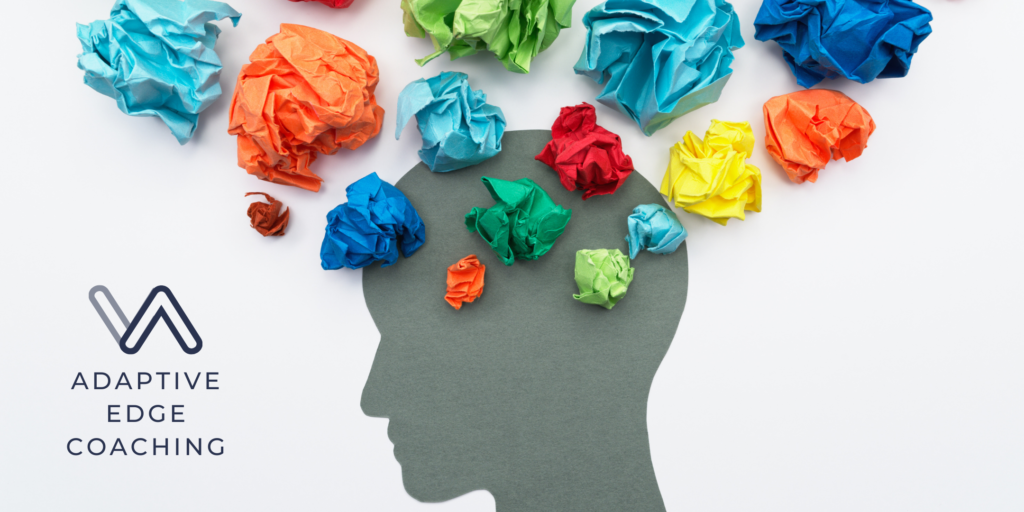In school, we are taught math, history, science, literature, and so on. This is all useful information but when it comes to knowing more about ourselves, our education system is lacking. We are not taught about our emotions. Popular culture and the classical view of emotions would have you believe that emotional intelligence is about how well you can sense the emotions of others or knowing your own emotions. That definition of emotional intelligence is outdated. Lisa Feldmen Barrett is a renowned neuroscientist that studies emotions. Her research reveals that emotional intelligence is more aptly defined in the same way that we define learning things in math or science, as concepts. According to Barrett, increasing your emotional intelligence really focuses on maximizing your emotional granularity, or learning as many emotion concepts as you can. Therefore, emotional intelligence is about getting your brain to construct the most useful instance of the most useful emotion concept in a given situation (and also when not to construct emotions but instances of some other concept).
Don’t be satisfied with what you already know about emotion. Don’t settle for claiming you feel happy or sad. Get more specific. Instead, ask yourself if you feel elated, discouraged, exuberant, or dejected and focus on learning more concepts to help you define your emotions. Once you deeply understand the nuances of “elated” in comparison to “ecstatic,” you can construct more specific, helpful, and complex experiences of emotion. Furthermore, don’t just limit yourself to concepts in your own culture. In our previous post in this series on emotion, we discuss how emotions can vary from culture to culture. Maybe a concept from Japan or Germany is more fitting to the feeling you are trying to create or describe than the ones in your own culture. This means that there are almost countless experiences of emotion for any given situation, and this furthers the notion that emotions do not control us but rather we can become curious about emotion and, once we explore more deeply, find new ways to relate to the world around us. Be creative with your emotions and be prepared to explore all the different possible concepts of emotion. This complexity serves us when we are feeling overwhelmed by a pesky feeling, or going through a change and feeling very strong emotions.
Along those lines, we can reduce emotional distress by deconstructing an emotion into its physical experience and then recategorizing it. Many times in therapy, and in popular culture, we are taught to “regulate” or “control” our emotions, but what if we chose to redefine them instead? By redefining our experiences through a physical lens rather than a mental one, we have greater control over the situation.
- Break it down and reframe it: If you are able to recategorize your heart beating rapidly into excitement rather than anxiety, you will perform better. Think about having performance anxiety; whether it is before a big soccer game, work presentation, or ballet performance, people often get nervous and anxious. This can disrupt your focus and may cause you to spiral mentally. Now instead of thinking about how anxious you feel, ask yourself to define exactly what your body is feeling. Generally, you might feel aroused, stimulated, and hypervigilant. You might have sweaty palms and an increased heart rate. Biologically, these are traits that are helpful in performance. When we reframe these sensations as a “performance edge” rather than performance anxiety, this feeling can actually help you perform better.
- Think positive: Pay attention to what makes you smile! Be conscious of why they made you happy as well. Focus on the positive. Write it down even. When you pay attention to the positivity, it will help you to create and predict more positive experiences for yourself. On the flip side, if you ruminate over negative experiences, it becomes easier and easier for your brain to think negatively. Think of your brain like a forest. A dense forest can be hard to navigate so your brain creates pathways. The more you think about something, the clearer the path becomes. You want the positive thoughts to turn into highways, not the negative ones.
- Learn more words: The larger your vocabulary, the better your reading skills. In elementary school, we are constantly taught new words and phrases to “become smarter.” In the same way, the more words we learn to construct emotion, the more emotionally intelligent we will become. Be specific with your emotion words as well.
Don’t: This conference is the worst.
Do: I am feeling dejected because my proposal was not accepted into the conference.
- Switch it up: Remembering that emotions are fundamentally physical experiences, one of the simplest and most effective ways to help you manage your emotions is through motion. Move your body. Go for a jog. Throw yourself a dance party in the living room! Go to the gym and do some squats. Change your surroundings and you can reframe your mental state with more ease.
- Recategorize: For those emotions that feel as though they are overtaking us, let’s recognize that they are indeed mental concepts that we apply to physical sensations. Barret’s work on recategorizing is monumental for those who may be diagnosed with a mood disorder. Barrett, in her groundbreaking book How Emotions Are Made says, “you can dissolve anxiety into a fast-beating heart…once you can deconstruct into physical sensations, then you can recategorize them in some other way, using your rich set of concepts.” She also reminds us that discomfort is a physical sensation and suffering is a mental one. Since we construct our own suffering, we can also deconstruct and recategorize it. Barrett says, “perhaps that pounding in your chest is not anxiety but anticipation, or even excitement.” Rather than viewing that shaky leg as a sign that you are going to trip and fall during the race, view it as the excitement that will propel you to the finish line first. In this way, you can manifest your future. Practice changing your lens!
If you want to learn more about how to recategorize your emotions, contact Greg Murray at greg@adaptiveedgecoaching.com to schedule a consultation. To learn more, read the other posts in our series on emotion.

